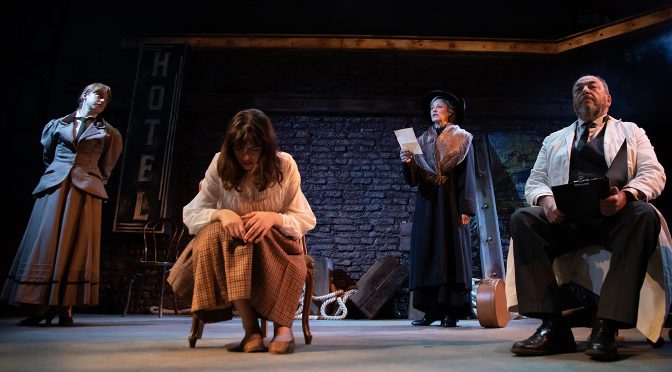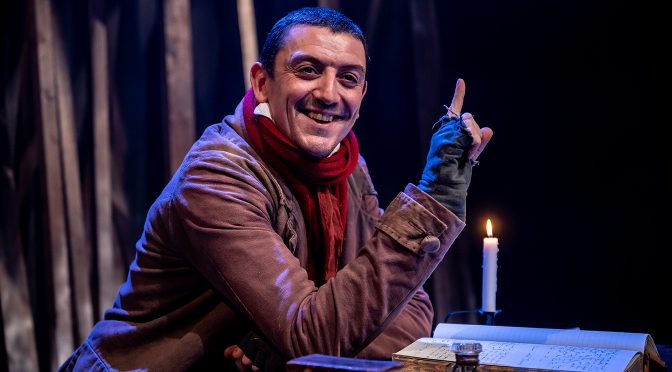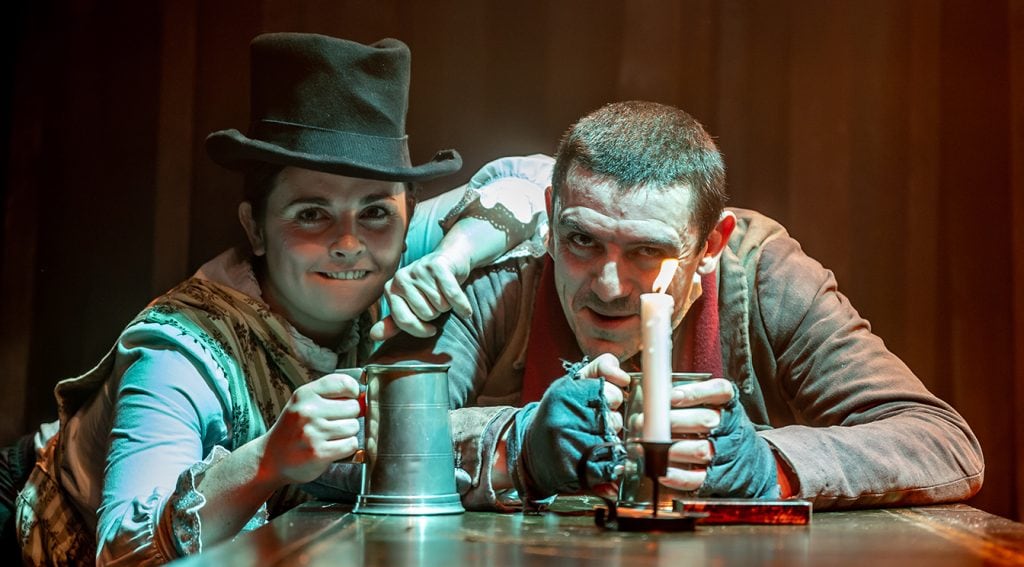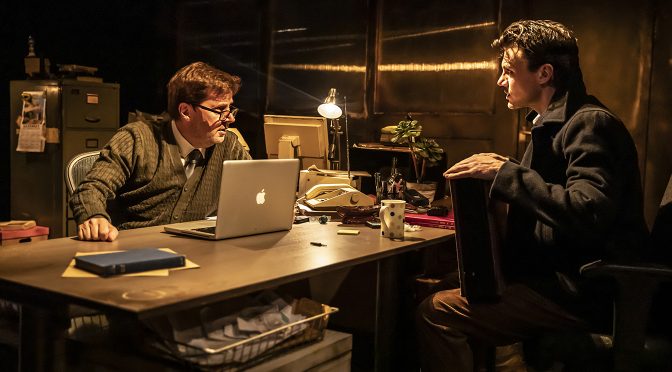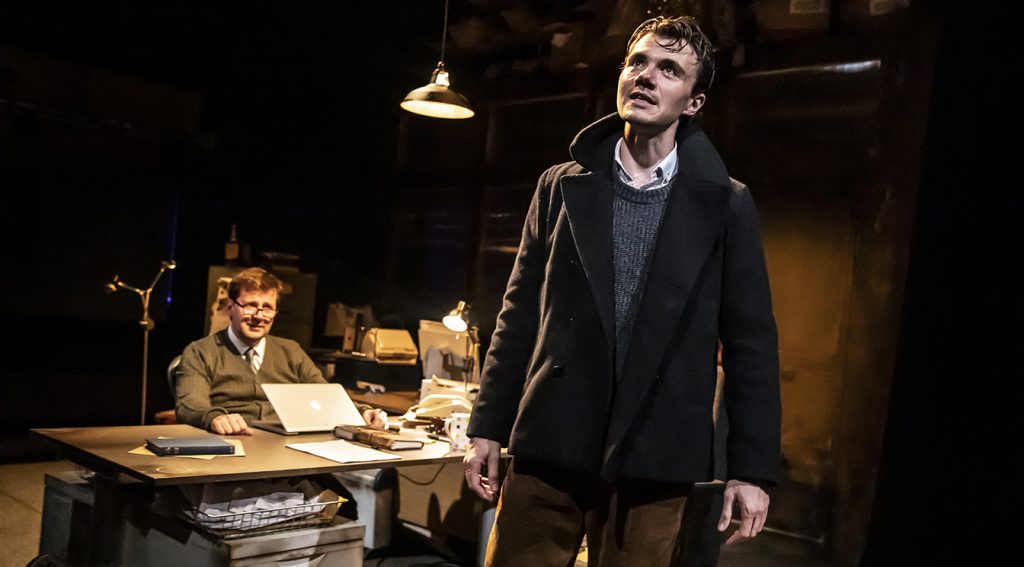It’s a little odd to see a play, with clear potential, that has already gone on to bigger things – it feels like the wrong way around! It’s easy to see why Ins Choi’s script has been developed as a TV show; the scenario is fruitful and the comedy excellent. If it isn’t quite as strong a show on stage, the evening is fun and the play highly entertaining.
The scenario is key: our titular hero is from Korea, his shop is in Canada and his children have been raised there – cue cultural and linguistic differences that mean the jokes can run and run. There aren’t a lot of surprises, but everything is handled neatly, and Esther Jun’s direction is, also, tidy. Quality is assured by interesting characters, sensitive issues, and strong performances.
Both Mr Kim and his estranged son, Jung, are strong characters. The elder endears but is also a little scary, he doesn’t mind being unreasonable. Understandably, Choi gives an assured performance of his own writing and is a pleasure to watch. Jung has been in trouble with the law and is now struggling as a new father. The role engenders the piece’s quieter moments and is performed with commendable calm by Brian Law. Is a reconciliation between the two possible? Of course. But it’s still sweet.
Mr Kim’s daughter, Janet, doesn’t fare as well with a disappointing, underwritten, role. But, there’s still a strong performance from Jennifer Kim. And Janet has a nice love story that provides a good part for Miles Mitchell (who also impresses as various shoppers at the store). Janet is very much the foil for her dad’s jokes – they are good jokes – but the character is sometimes only there to get them off the ground. The problem is even bigger for Mrs Kim (a role Namju Go seems wasted in) who gets to do very little indeed.
The action moves along nicely, the jokes arrive at a satisfying pace. The play is short (90 mins without an interval) but perfectly formed. From the Canadians in the crowd, it seems designer Mona Camille (and, presumably, prop supervisor Shupin Liu) deserves special praise for sourcing so many goodies for the shelves. The shop itself looks good. What’s on offer is worth buying. Even if, when it comes to the play itself, there isn’t that much in store.
Until 10 February 2024


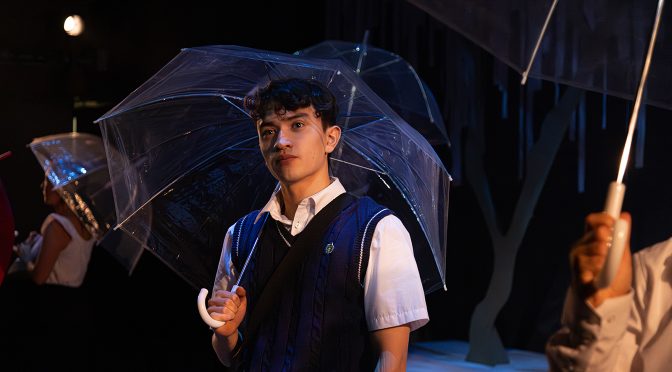

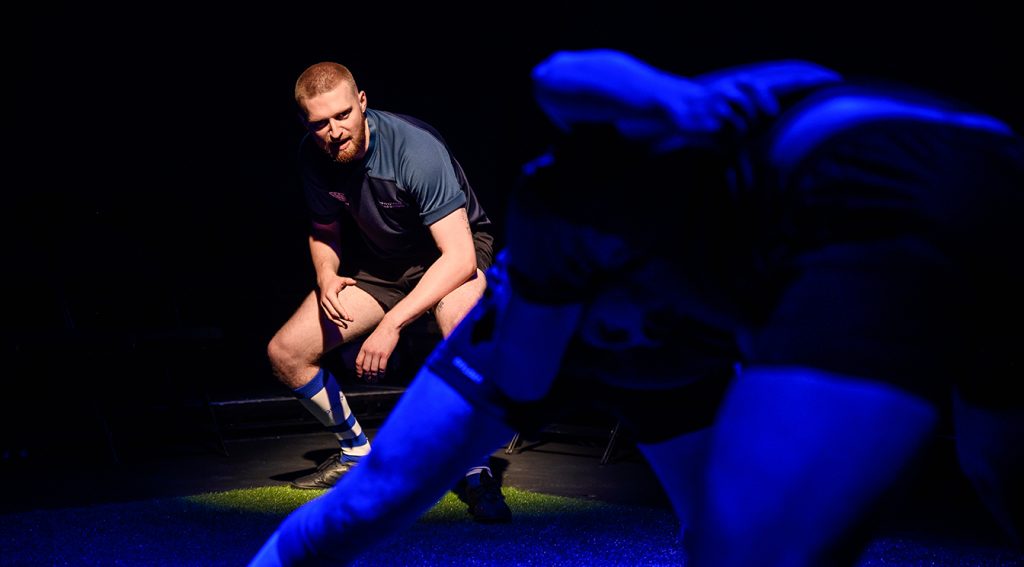
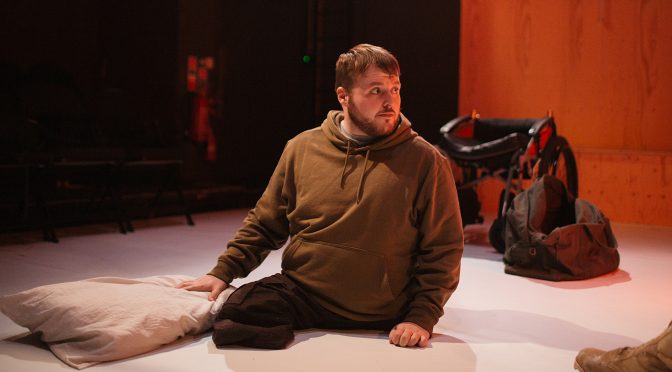
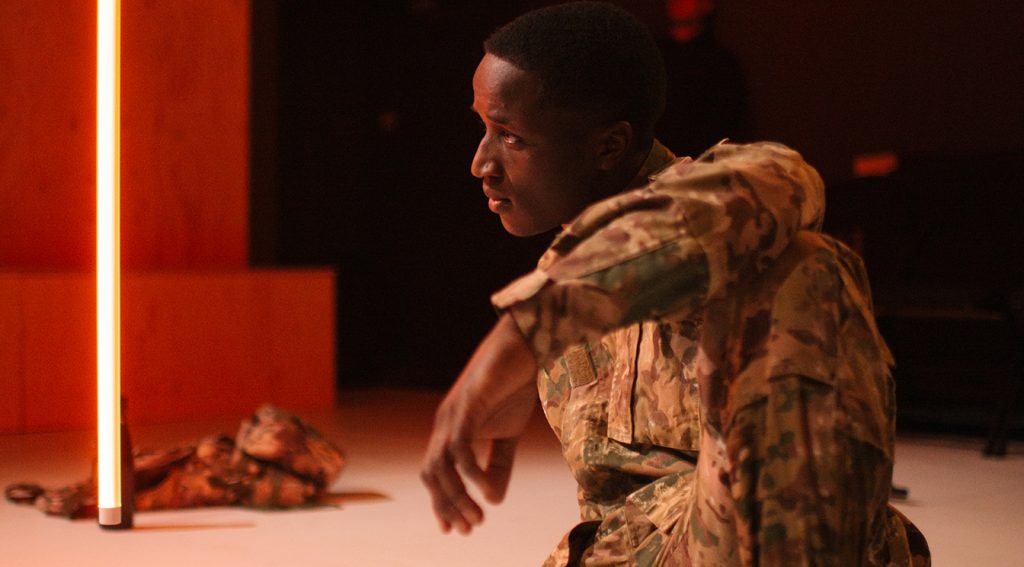
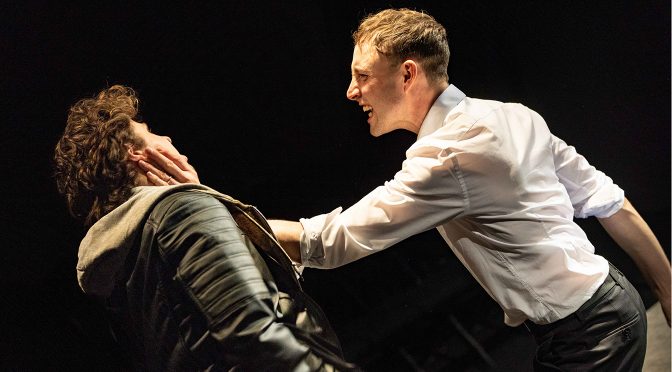
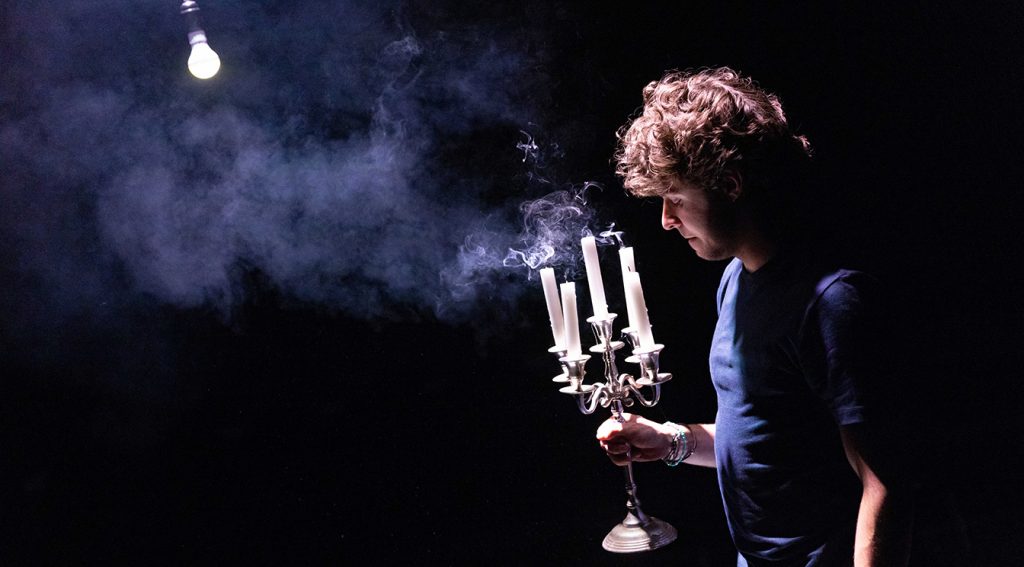
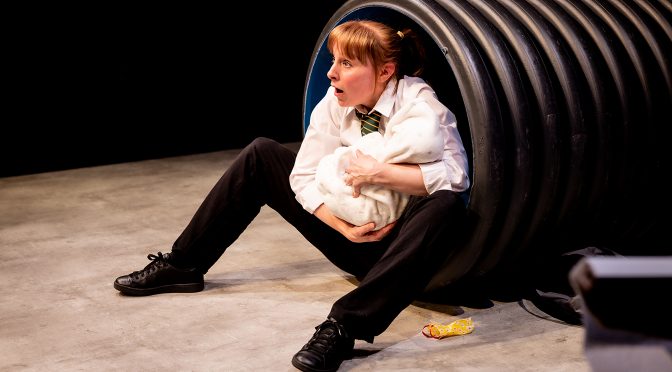
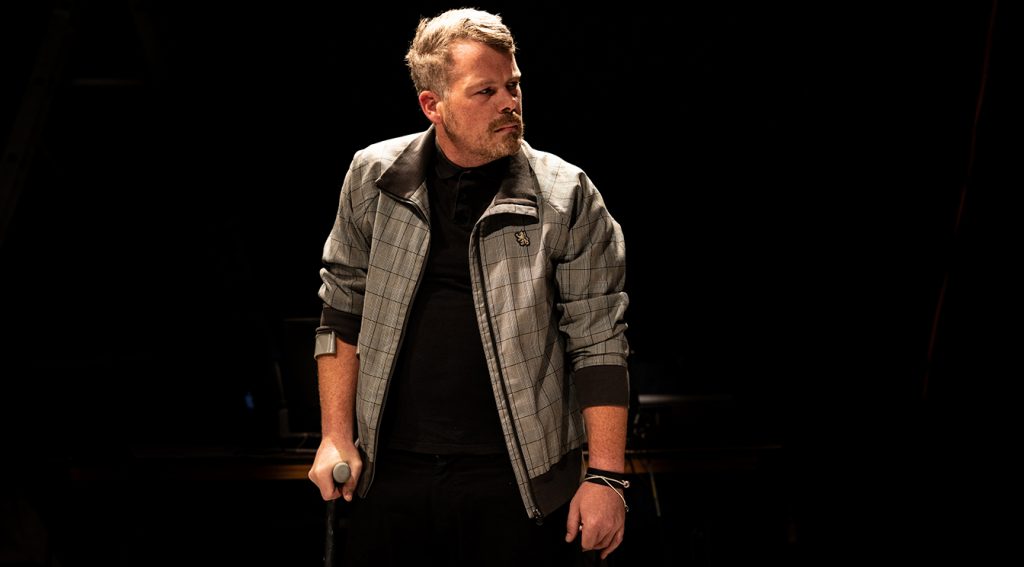
![Tony! [The Tony Blair Rock Opera] at the Park Theatre](https://onceaweektheatre.com/wp-content/uploads/2022/06/Tony-The-Tony-Blair-Rock-Opera-at-the-Park-Theatre-credit-Mark-Douet-672x372.jpg)
